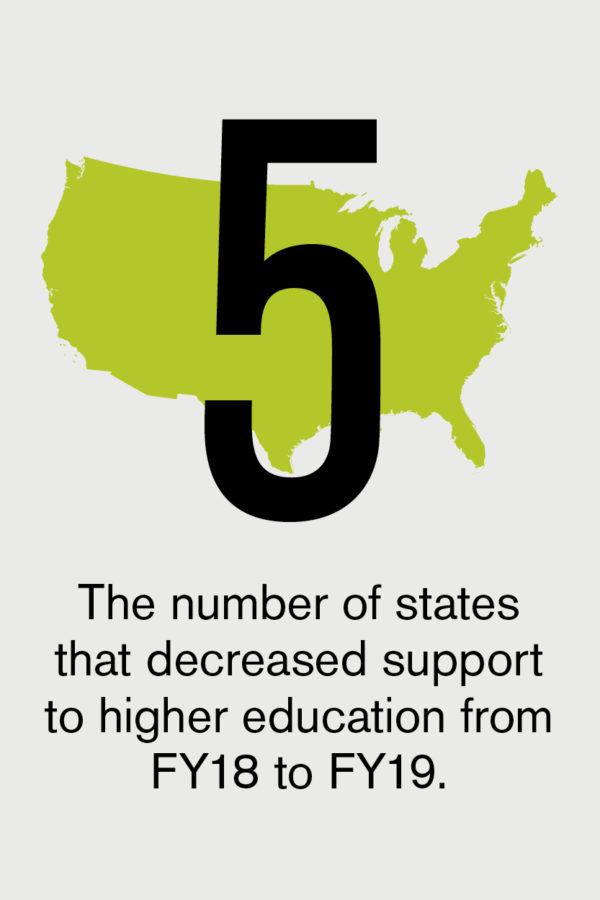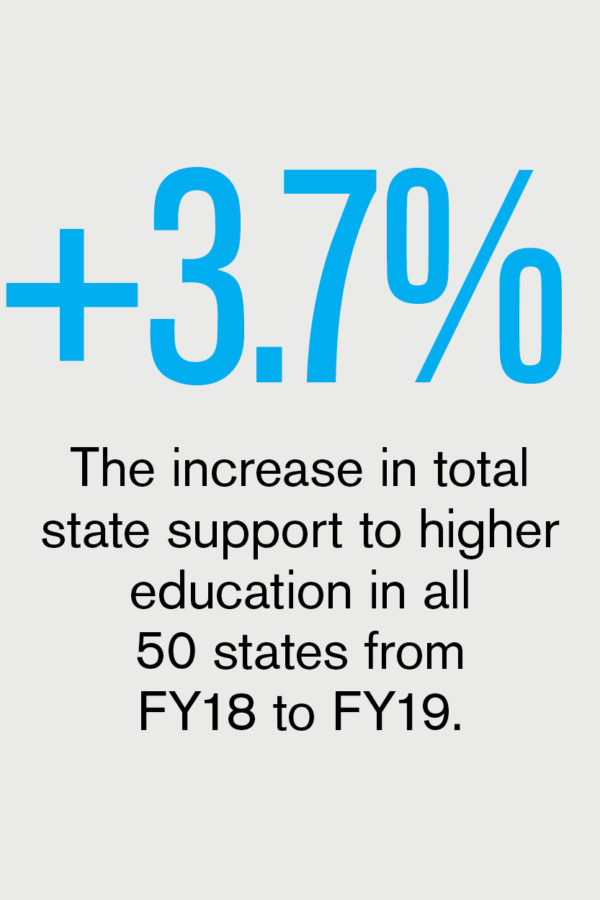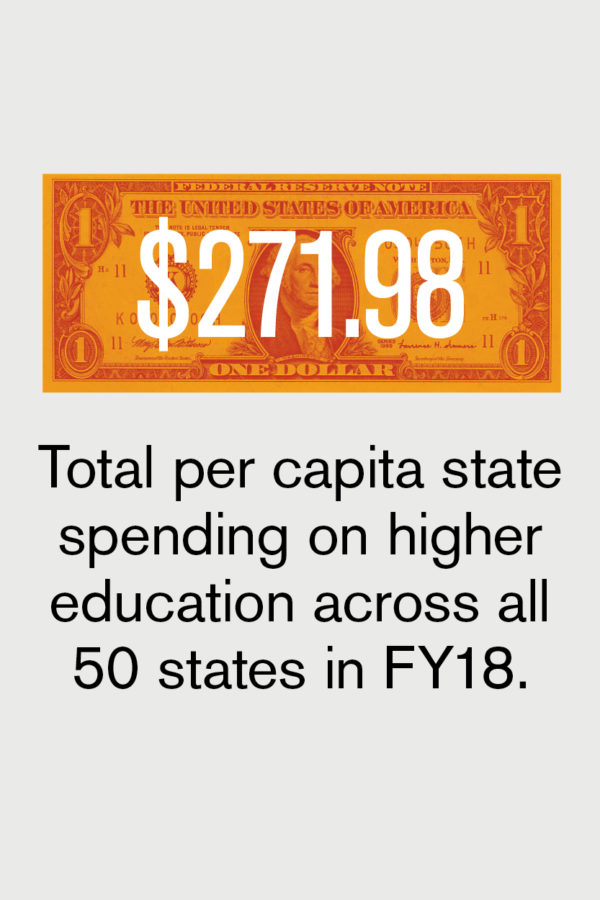A poll of more than 20,000 employees worldwide that Tony Schwartz, founder and CEO of the Energy Project, a consulting firm, and I conducted in conjunction with Harvard Business Review in fall 2013 found that “respect” was the behavior among leaders that had the biggest effect on a range of outcomes.
Employees who felt respected by their leaders reported 56 percent better health and well-being, 89 percent greater enjoyment and satisfaction, 92 percent greater focus and prioritization, 26 percent more meaning and significance, and 55 percent more engagement.
Being treated with respect had a more powerful effect on employees than recognition and appreciation, communicating an inspiring vision, providing useful feedback—and was even more impactful than providing opportunities for learning, growth, and development. Employees desperately want to feel respected and valued by their leaders. When leaders are civil, it increases performance and creativity; allows for early mistake detection and the initiative to take action; and reduces emotional exhaustion. (Read also “Choosing Civility” in the October 2018 issue of Business Officer magazine.)
There are specific steps chief business officers and others in the business office can take to ensure that civil behaviors in the workplace are the norm:
- Engage your team in a dialogue about what your norms should be. Then ask them to hold one another accountable. In one law firm, the managing partner and I led employees through an exercise in which they defined collective norms.
In just over an hour, employees generated and agreed upon 10 norms, which included the following: (1) We greet and acknowledge each other; (2) we say please and thank you; and (3) we treat each other equally and with respect, no matter the conditions. The firm embraced these norms and bound them into a “civility code,” which it prominently displays in its lobby.
- Align your evaluation system to your organization’s values. Make sure that you’re motivating and reinforcing behaviors that help you achieve organizational goals.
- Recognize and reinforce actions that lead to results for the organization. Who do you depend on to help your team score your goals? Recognize the people who regularly assist others.
- Hone your employees’ skills by giving corrective feedback. You must correct bad behavior quickly and firmly. For example, if an employee has the tendency to dive in and finish others’ thoughts or interrupt to pose a question during discussions, encourage him or her to ask others more frequently what they think.
- Commit to eating lunch with different employees each week. If you can’t eat lunch in the cafeteria with employees that week, invite an employee or team of employees to lunch.
SUBMITTED BY Christine Porath, associate professor, McDonough School of Business, Georgetown University, Washington, D.C., and author of Mastering Civility: A Manifesto for the Workplace (Grand Central Publishing, 2016). www.christineporath.com










